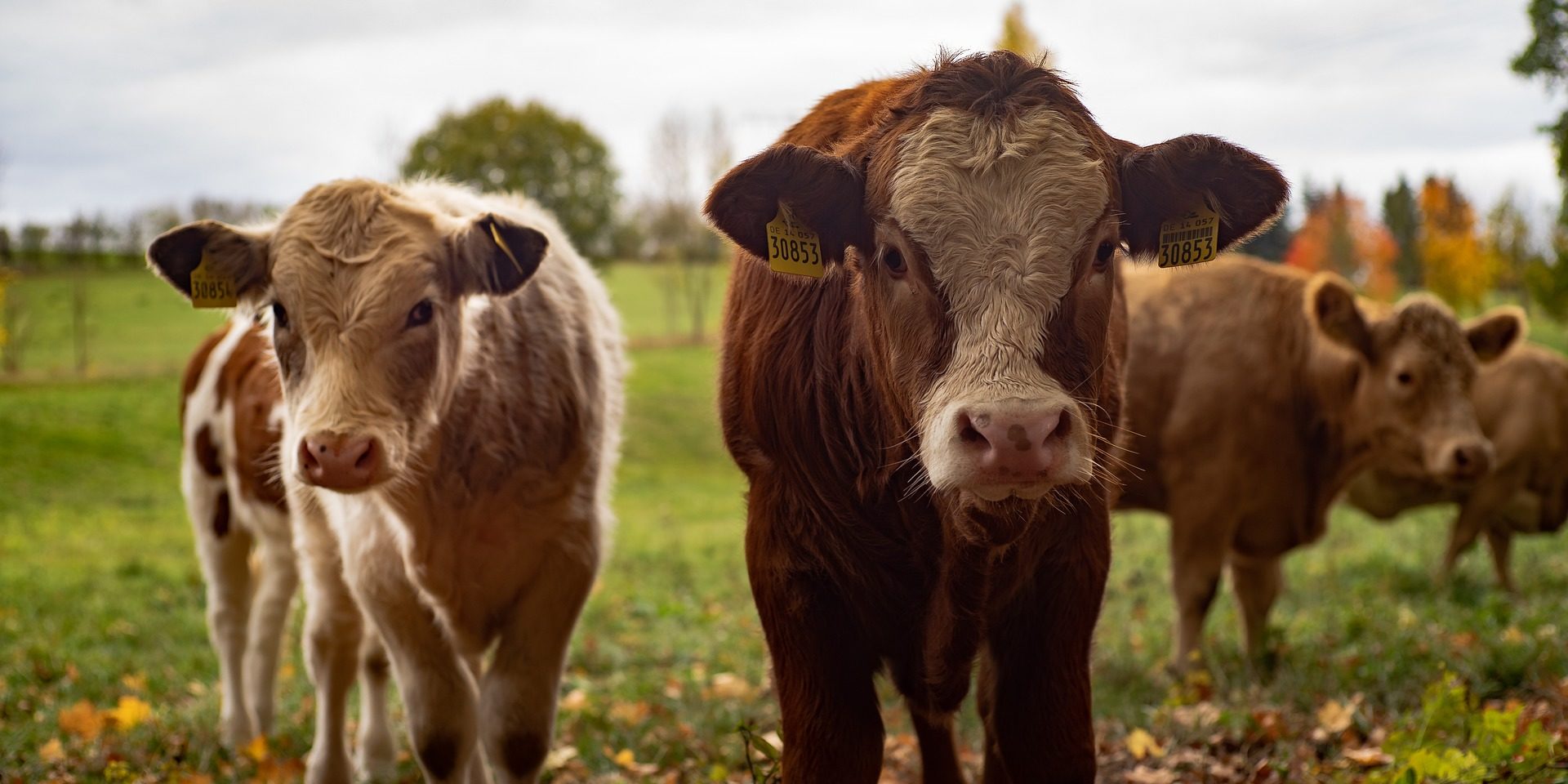Jennifer Weinberg, 2015 College Aggies Online (CAO) second place individual winner, grew up on a beef cattle ranch in New Jersey. In 2015, she graduated from George Washington University with a degree in Political Communications. Her goal is to defend the rights of farmers in the court of law and public opinion by fusing together her love for agriculture with her current and future knowledge of law.
Being a part of the College Aggies Online program provided me the opportunity to do exactly what I love to do more than most everything else- talk about cattle and agriculture. Entering the competition taught me one thing- engagement defending agriculture on social media has never been needed more, or in higher demand. Opponents of agriculture have taken to the seas of social media in their attempts to end meat consumption. To their credit- they are good at it – “it” being using vast emotionally-engaging propaganda to drive a wedge of mistrust between shoppers and farmers. It’s time that the agricultural community mounts a force online to disrupt this and the CAO program was exactly that driving force for me.
Growing up on a small family-owned beef cattle farm gives me something in common with many other farmers, as 97 percent of U.S. farms are family owned, and I got to share my reality through creating various graphics and posts that I shared on social media platforms. Without the CAO program, activists would be able to continue telling their completely one-sided story of agriculture. Through the various seminars and tasks handed to us in each of the nine weeks of the program, we gained knowledge and encouragement that helped us learn to be heard.
In this however, being heard is not simply enough. The College Aggies program helped me see that not only was it important to be engaged with the online world, but sharing my story had to do more than simply show a glimpse into my life; it had to do its part to combat the very negative framing that has been pushed forth about agriculture in America. Due to the changing tides of technology, it is no secret that information is spread almost instantly online. Not only is it a quick mode of information transfer, it’s efficient in changing how people form opinions and adapt behaviors. For instance, a Facebook post by an activist group that contorts the pig-preferred, safe usage of gestation crates for sows into an evil tortuous prison cell degrading the value of life, if seen by an individual who unknowingly takes it to be an expression of reality, can cause such an emotionally-formed opinion that they decide to stop eating pork products or even, stop eating meat all together. This decision has a significant effect on the market of supply and demand for pig farmers. This effect grows as more people change their eating and consumption habits, and activist engagement on social media is designed to do exactly that. One of the best parts of the CAO program was that learning how to combat this while avoiding the negativity of anti-agriculturalists.
Avoiding this negativity was not hard because I drew on the experiences I have with agriculture. I was not aware before the program to the degree in which in both central New Jersey, where I spent the first 18 years of my life, and in the nation’s capital where I went to college, the average person’s conception of American agriculture is plagued with illusions of animals in pain and suffering by the hand of “heartless farmers”. This simply is not true, but before CAO I did not know what I could do about it.
By being a part of the College Aggies Online program I was able to learn how to effectively combat this online by balancing my conveyance of the facts with emotionally salient materials that shoppers want to see. In other words, I got to share my story of what farming ACTUALLY looks like through informative posts that show the lighter, meaningful relationship that farmers share with their livestock. I am forever grateful for the Animal Agriculture Alliance for providing me the opportunity to learn how to express my story through social media and other mediums like on the “Future Problem Solvers” Panel at the 2016 Summit that allowed my voice to be heard. That’s what needs to happen more and more from all of us, both young and old – if we want to preserve the industries that feed us and have fed us since even before we called ourselves “Americans.” Luckily, the CAO program is here to teach us all how to be heard, and be heard effectively.
All posts are the opinion of the author and do not necessarily represent the view of the Animal Ag Alliance.







